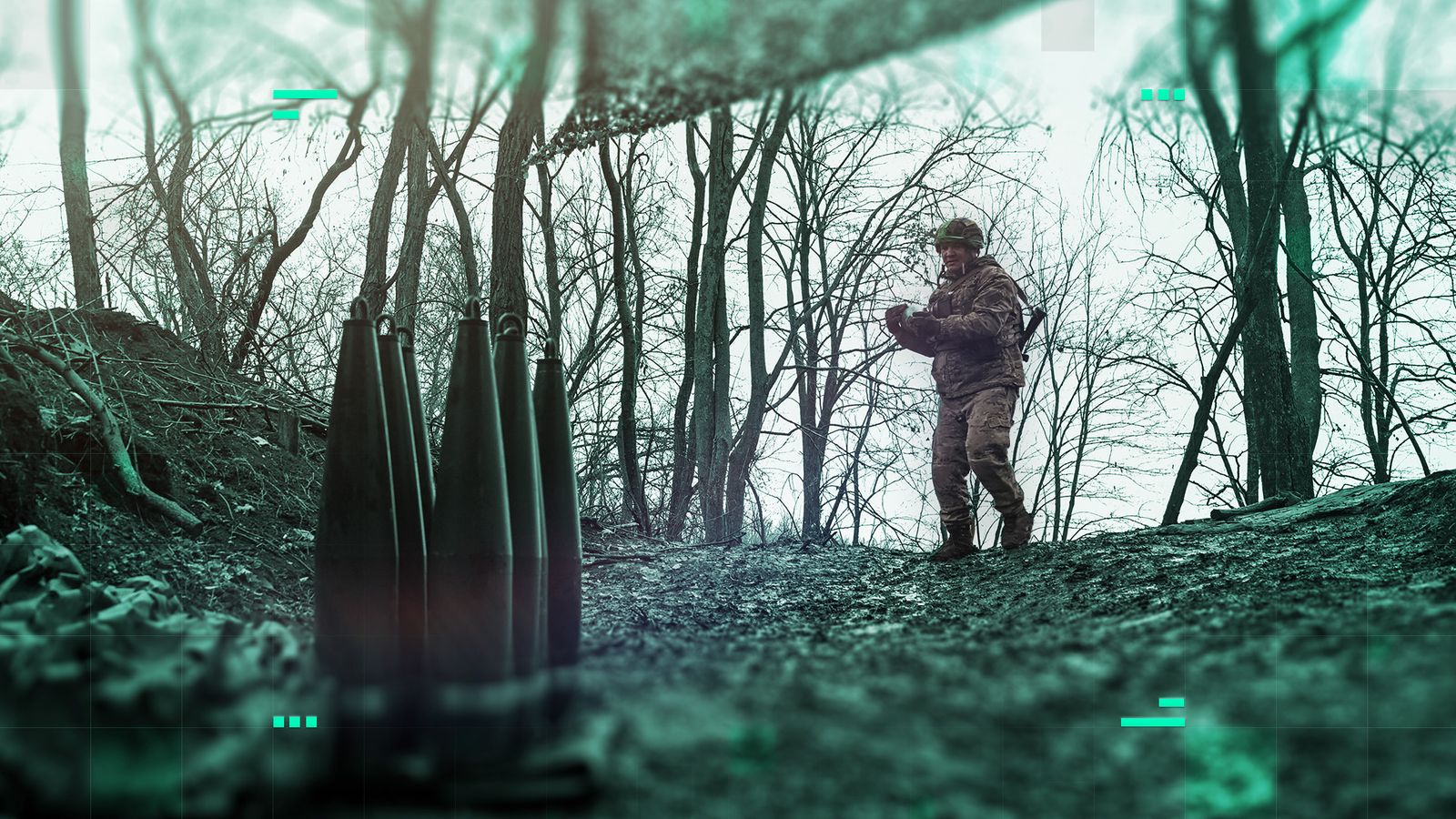Celine Dion has lost control of her muscles due to a rare neurological disorder known as stiff-person syndrome (SPS), her sister says.
A year ago, the Canadian star revealed she had been diagnosed with the incurable condition which causes muscle stiffness and spasms.
After cancelling tour dates she gave fans an emotional update, saying she was suffering spasms that affected “every aspect” of her life, causing difficulty when she walked and stopping her using her vocal cords properly.
Her sister Claudette Dion has now revealed she “doesn’t have control of her muscles”.
In a French-language interview with Canadian outlet 7 Jours, she said: “What pains me is that she has always been disciplined. She always worked hard.”
In May, Celine Dion was forced to cancel the remaining concerts of her world tour.
“It’s not fair to you to keep postponing the shows, and even though it breaks my heart, it’s best that we cancel everything now until I’m really ready to be back on stage again,” she said at the time.
Read more entertainment news:
Who are the contenders for Christmas number one?
Big Bang Theory actress gives update after cancer surgery
Her sister said it was still their dream that she would return to the stage – but it wasn’t clear in what capacity she would be able to.
“The vocal cords are muscles, and the heart is also a muscle. This is what comes to get me,” she said.
She said since the illness is so rare, there has not been that much research into it – and some have “lost hope”.
But the singer’s fans are behind her, she said, revealing she’d received many messages and gifts.
What is stiff-person syndrome?
According to the National Institute of Neurological Disorders and Stroke in the US, stiff-person syndrome (SPS) is a rare neurological disorder with features of an autoimmune disease.
On its website, the institute says that SPS is characterised by “fluctuating muscle rigidity in the trunk and limbs and a heightened sensitivity to stimuli such as noise, touch, and emotional distress, which can set off muscle spasms”.
“Abnormal postures, often hunched over and stiffened, are characteristic of the disorder,” it says.
“People with SPS can be too disabled to walk or move, or they are afraid to leave the house because street noises, such as the sound of a horn, can trigger spasms and falls.”
It says the disease affects twice as many women as men and that “scientists don’t yet understand what causes SPS, but research indicates that it is the result of an autoimmune response gone awry in the brain and spinal cord”.












